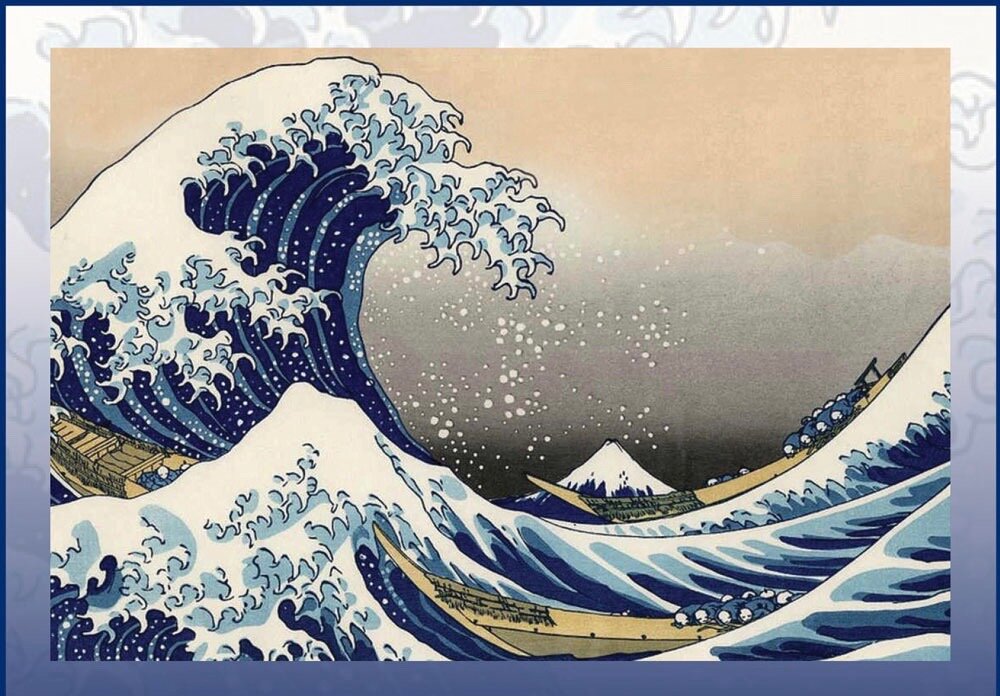The second of the sublime abidings or Brahma viharas is compassion - Karuna in the Pali language. Compassion is what arises when the loving heart encounters suffering. And out of this encounter arises the desire to help. Thich Nhat Hanh famously said, "Compassion is a verb.”
“From his Love is Compassion in Action...Thich Nhat Hanh writes , “Compassion is a mind that removes the suffering that is present in the other. The essence of love and compassion is understanding, the ability to recognize the physical, material, and psychological suffering of others, to put ourselves ‘inside the skin’ of the other. We go ‘inside’ their body, feelings, and mental formations, and witness for ourselves their suffering. Shallow observation as an outsider is not enough to see their suffering. We must become one with the object of our observation. When we are in contact with another’s suffering, a feeling of compassion is born in us. Compassion means, literally, ‘to suffer with.’” *From the Humane decisions website: https://humanedecisions.com/thich-nhat-hanh-said-compassion-is-a-verb/
This is something we all have experienced - in hearing of the suffering of someone close to us or far away, an individual or residents of a city, from the youngest baby to the oldest adult, compassion is a natural response to witnessing the suffering of others. This doesn’t mean that we always feel compassion when we encounter suffering. Sometimes our own suffering blinds us to the suffering of others. In that case, we need to offer compassion to ourselves. This self-compassion may be an action if, for instance, we have overcrowded our schedules and need to decline to take on another project or turn over an existing project to others. We may encounter adversity with a barrage of self-criticism or turn straight to solving a situation before acknowledging and caring for our own pain and confusion. When we can stop and remember to offer ourselves self-compassion, this compassion has a quality of soothing and nurturing, caring for, holding, reassuring, and offering kindness. It helps restore us to balance, to make us whole so that we can then move from a place of love and wisdom to solving, repairing, making the situation whole again as well.
But there is another kind of compassion that Kristin Neff has called “fierce self-compassion.” This kind of compassion is more action-oriented, as when a firefighter rushes into a burning building to rescue the terrified inhabitants. And it often has an element of anger as that of the Mama bear protecting her young. This fierce compassion seeks to protect and rescue. There is no desire for revenge or destruction beyond freeing the suffering one from danger and harm.
Thich Nhat Hahn and other Buddhists in the Zen tradition called it “engaged Buddhism” which pointed towards the element of action to protect and aid suffering beings, often in the social justice arena, but also with help in the basics of living - food, shelter, safety. In 2007 Bhikku Bodhi, a well known and revered American Buddhist monk, founded the Buddhist Global Relief with its primary mission that of relieving hunger.
In July of this year, he circulated a beautifully written petition asking the president to stop the starving in Gaza. His goal was 10,000 signatures. It received 9,228. And raised awareness in many individuals that more can and should be done.
From this example, we can see that the compassionate actions can be large, they can be small. But each one has an impact.
Joseph Goldstein tells a story of a woman who made sandwiches and handed them out on the streets. A local newspaper wrote an article publicizing her efforts. She started getting checks in the mail from inspired well-wishers to help her enlarge her operation. She returned the checks with a note, “Make your own sandwiches.”
Her message was clear. Do what we can, where we can, when we can. Our efforts will naturally join with the efforts of others to multiply our impact on the world. But the purity of our actions depends on the purity of our compassion. If the anger is vengeful, more self compassion is needed. Our actions have the greatest power of good when they spring from a place of love.

